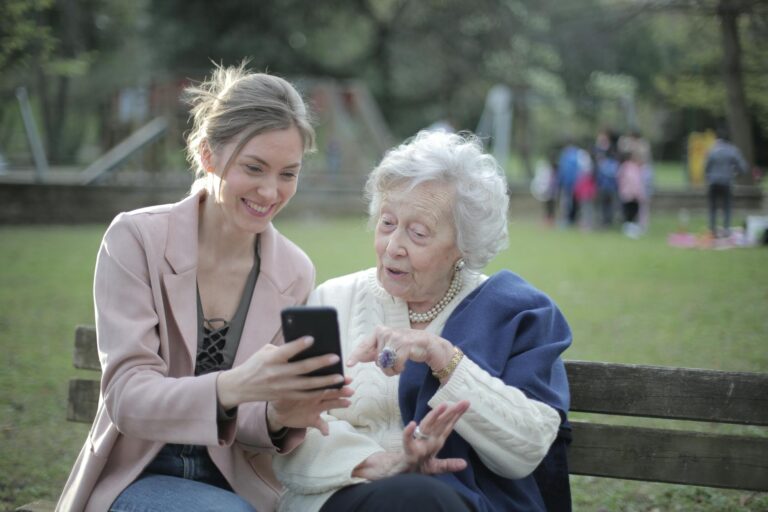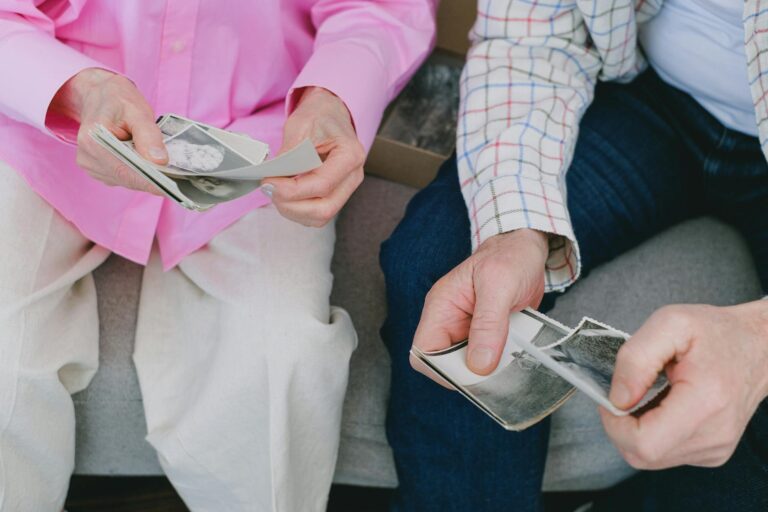Parents of children with cerebral palsy (CP) can access a variety of **support groups and organizations** that provide emotional support, practical advice, therapy resources, advocacy, and community connection. These groups are essential for helping families navigate the complex medical, educational, and social challenges associated with CP, while also fostering a sense of belonging and empowerment.
One of the key types of support comes from **family-led nonprofit organizations** such as **Family Voices** in the United States, which connects families of children and youth with special health care needs (CYSHCN) and disabilities. Family Voices promotes partnerships between families and healthcare providers, ensuring that parents have a voice in their child’s care and in shaping policies that affect them. They offer local community support networks across the U.S., including resources tailored for tribal communities and U.S. territories, making it easier for parents to find help close to home[2].
Another major resource is **United Cerebral Palsy (UCP)**, a national affiliate network dedicated to improving the lives of people with CP and their families. Since 1949, UCP has provided advocacy, education, and a wide range of programs aimed at promoting inclusion and independence. UCP affiliates offer local services, assistive technology, and learning series for families, helping parents access the tools and knowledge needed to support their children effectively[6].
For families seeking specialized therapy and research-driven care, the **Cerebral Palsy Alliance (CPA)** offers world-class services including therapy, early intervention, respite care, assistive technology, and community access programs. CPA also drives international research into the prevention, treatment, and cure of cerebral palsy through its Research Foundation and Institute. With over 120 sites in New South Wales and the Australian Capital Territory, CPA supports thousands of clients across all ages, emphasizing independence and inclusion[4].
In India, the **Trishla Foundation** is a progressive healthcare center providing comprehensive support for children with CP and their families. Their services include healthcare, therapy programs, educational support, and counseling. The foundation fosters a loving and supportive environment that encourages children to develop confidence and resilience through praise and encouragement. They also emphasize family involvement and open communication to build emotional bonds that help children become more independent[1].
Beyond formal organizations, many parents find immense value in **peer support groups and community connections**. Personal stories, such as that shared by a mother on the Cerebral Palsy Alliance blog, highlight how community and representation can inspire children with CP. For example, children meeting peers with similar mobility aids can boost their confidence and motivation to try new therapies or activities, such as using crutches or participating in inclusive dance classes[3].
Parents also face unique challenges related to legal and financial planning, especially in cases of divorce or when children with CP require lifelong care. Support groups and legal resources can guide families through conservatorship, guardianship, and special needs trusts to ensure consistent care and financial security. Organizations like the **Special Needs Alliance** provide expert advice on these matters, helping parents plan for their child’s future while protecting eligibility for government benefits like Supplemental Security Income (SSI) and Medicaid[5].
In summary, support groups for parents of children with cerebral palsy range from local community networks and national nonprofits to specialized therapy providers and legal aid organizations. These groups offer emotional support, practical resources, advocacy, and a sense of community, all of which are crucial for families managing the complex realities of cerebral palsy.
—
**Sources:**
[1] Trishla Foundation, Your Complete Guide to Cerebral Palsy Support
[2] Family Voices, National Network for Families of Children with Special Health Care Needs
[3] Cerebral Palsy Alliance, CARE & GIVING: Cortney’s Story
[4] Cerebral Palsy Alliance, Healthdirect
[5] CerebralPalsyGuide.com, Divorce and Children With Cerebral Palsy





